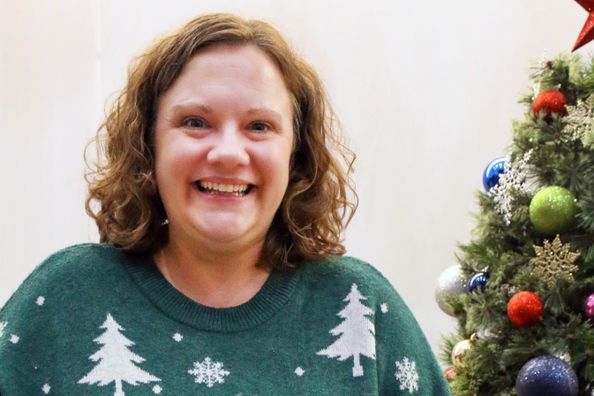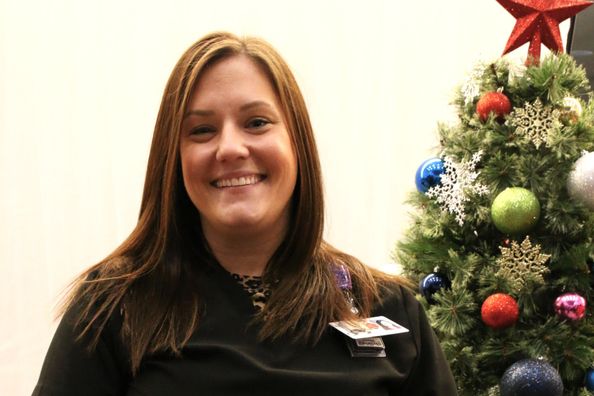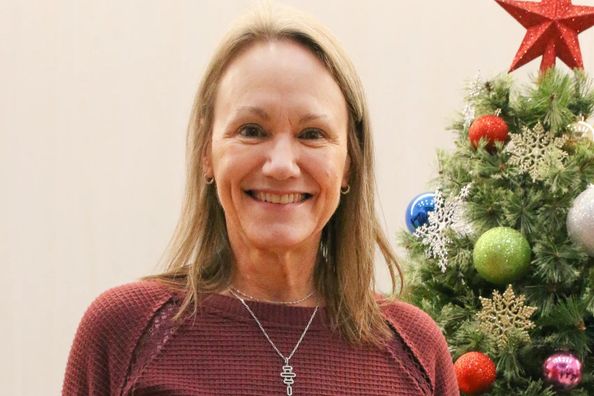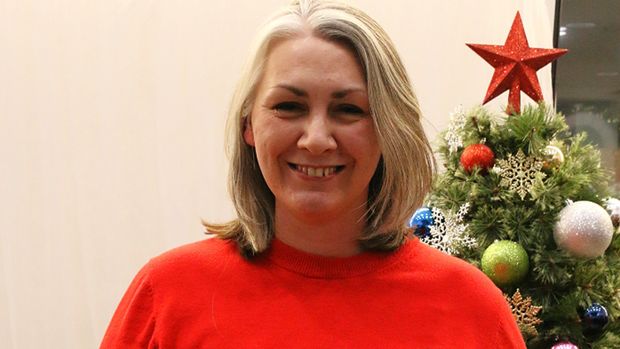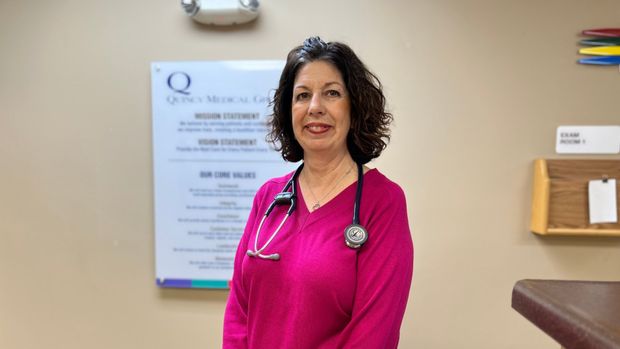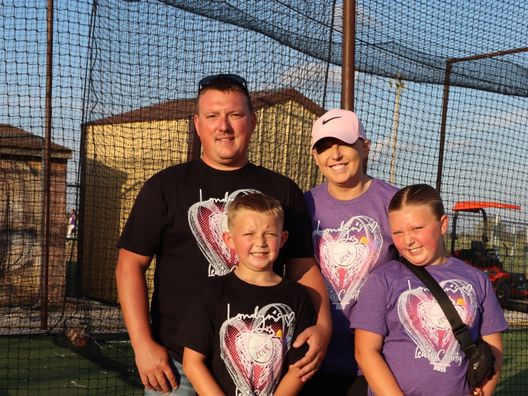Today the world unites in celebration of International Women’s Day. This day serves not only as a moment of recognition, but also of reflection, as we acknowledge the profound impact women have had – and continue to have – in every facet of society. Here at Quincy Medical Group (QMG), we’re proud to stand alongside these incredible women, including Dr. Deborah Woodard, a gynecologist whose dedication to patient care extends far beyond our clinic’s walls.
In 2010, Dr. Woodard’s life took a pivotal turn when she embarked on her first international mission trip to Honduras. This experience, which she describes as “life-changing,” proved to be a defining moment, setting the stage for a future dedicated to serving communities in need around the world.
The scope of Dr. Woodard’s work knows no bounds. From staffing rural medical clinics to conducting surgeries, delivering babies, and providing essential education on hygiene and first aid, her efforts encompass a diverse array of services aimed at addressing the multifaceted needs of disadvantaged communities.
In Guatemala, her most recent mission destination, she enjoyed helping people with basic medical concerns or illnesses and provide consultation for women, men, and children that had health questions.
“Being able to share with them what tests they should try to get and what questions they should ask when they see a provider in their country helps empower them to be good advocates for their care,” she said.
Dr. Woodard’s work abroad has exposed her to the harsh realities of healthcare disparities, particularly for women in Guatemala and India. In these regions, access to basic care, including mammograms, pelvic and breast exams, and pap smears, is often limited to emergency situations, leaving many women without the benefit of preventive care.
“Healthcare in Guatemala and India for women is based on their ability to pay and their location. Women are very unlikely to get preventive healthcare (mammogram, pelvic and breast exams or pap smears) without financial resources or special programs,” she shared. “They are usually only accessing healthcare in emergencies and then sometimes they cannot do that either. Rural communities are very isolated from any adequate healthcare. So many illnesses and diseases could be caught early with preventive care.”
Her experiences abroad have deepened Dr. Woodard’s appreciation for the healthcare available here in the United States.
“It has made me very grateful for the care that is available in our country. We have the ability to diagnose and treat things early through preventive care and almost all people can access healthcare through some program in our country,” she expressed. “My heart breaks for those in other countries that cannot get basic care or any preventive care.”
For her, the most profound moments occur beyond clinical settings during home visits, where she has the opportunity to connect with individuals on a deeply personal level.
“Getting to see the people in their homes and pray with them is such a blessing. We also try to address any basic medical needs and often deliver food to them,” she said.
As she prepares for future missions to Guatemala and India, Dr. Woodard remains committed to making a meaningful difference in the lives of those she serves. Dr. Woodard’s story serve as a powerful reminder of the impact one individual can make in the lives of women and communities around the world.
Health Topics:


